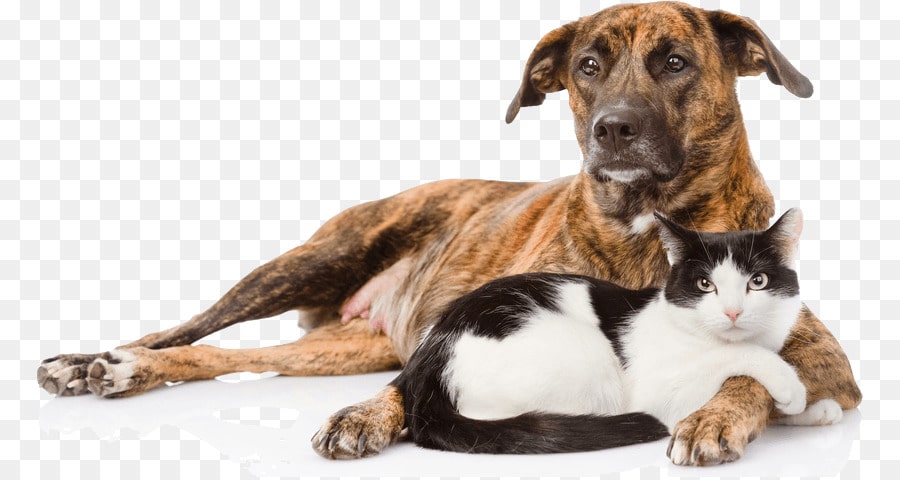One of the four breeds of Sennenhund-type dogs, the Bernese Mountain Dog is a large breed dog that originates from the Swiss Alps. Intelligent, affectionate, loyal, faithful, all the traits one is looking for in a dog can be found in a Bernese Mountain Dog, our featured breed of the month.
Breed history
The origins of the Bernese (or Berners as they are fondly called) aren’t well-documented. It’s been said that they were brought to Switzerland by Romans around 2,000 years ago. Berners were general-purpose farmers’ dogs and preserving their kind was not a priority that there came a point near the end of the 19th century when they were almost extinct.
Good thing that there were Swiss dog fanciers who valued the many good qualities of Berners that letting their line go extinct would be a mistake. By 1907 Berners began to thrive, thanks to Professor Albert Heim, who formed the Swiss breed club. “Berners were once again a favored farm dog, and they also caught on as companions with Swiss householders,” according to the American Kennel Club.
Berners set foot in America in 1926 when a Kansas farmer, Isaac Scheiss, imported a pair but railed to register them with AKC. The breed was officially recognized in 1937 though, when Glen Shadow imported a pair and had them registered with AKC.
General appearance
PetCoach describes Berners as: “a sturdy and muscular dog with a large frame. Their distinctive tri-color coat is either black/tan/white or black/rust/white. Many members of the breed have a “Swiss cross” or white cross on their chest when viewed from the front. They also can have a “Swiss kiss” or white mark just behind the head on the neck. Their fur is long and dense so expect heavy shedding, particularly in the spring and fall.”
Temperament
Berners are “a calm and patient dog. As befits his background as a working dog, he is self-confident and alert. He’s a great watchdog but should never be aggressive,” according to Vetstreet.com. Because large breeds have a long puppyhood, a Berner puppy might get to be a handful. Berner puppies are “highly active, mouthy, and rambunctious. Berner pups can chase, nip, or bite in play, and that can be frightening for or dangerous to a young child, even though the dog doesn’t mean any harm,” cautions Vetstreet.com
Is a Berner right for you?
As with large breed dogs, a Berner’s size may be prohibitive if you have babies and toddlers at home. They moderately shed hair. They are usually peaceful with other pets, is gentle-natured, polite, and non-aggressive. Berners carry a high price tag on them which may be prohibitive, considering that their “average lifespan is shorter than other breeds in their size range,” according to yourpurebredpuppy.com.
Common health issues
“So many [Berners] are lost prematurely to hereditary cancers, or to crippling elbow dysplasia or hip dysplasia, or to an emergency gastrointestinal syndrome called bloat. There’s also epilepsy, heart disease, hereditary eye diseases that can cause blindness, autoimmune diseases, blood-clotting disease,” enumerates yourpurebredpuppy.com. Not counting the breed’s disposition to histiocytic sarcoma, the most common cancer inherited by Berners.
Berners have an average lifespan of around six to eight years.
Diet and Nutrition
Berners “should do well on a high-quality dog food, whether commercially manufactured or home-prepared with your veterinarian’s supervision and approval,” according to AKC. Any diet will suffice as long as it’s appropriate to the dog’s age. Just keep in check his weight and calorie consumption to avoid obesity. Berners are easy to train so treats are also important. No overfeeding though. Also, fresh water should be always available for Berners. Consult your vet to ensure the right nutritional requirements are administered to your Berner.
For holistic nutrition, you may check Addiction’s dry pet food for dogs. There’s also Addiction Mega specifically made for large breeds like the Bernese Mountain Dog.
Buy Addiction Pet Foods in a store near you.
Is a Rottweiler right for you? Find out in our breed highlight here.
Like us on Facebook and follow us on Instagram for more pet health and nutrition updates.
For your further reading:
https://www.yourpurebredpuppy.com/reviews/bernesemountaindogs.html
https://www.yourpurebredpuppy.com/health/bernesemountaindogs.html
http://www.vetstreet.com/dogs/bernese-mountain-dog#personality
https://www.echtk9.com/history.html
https://www.petcoach.co/breed/bernese-mountain-dog#general-appareance











